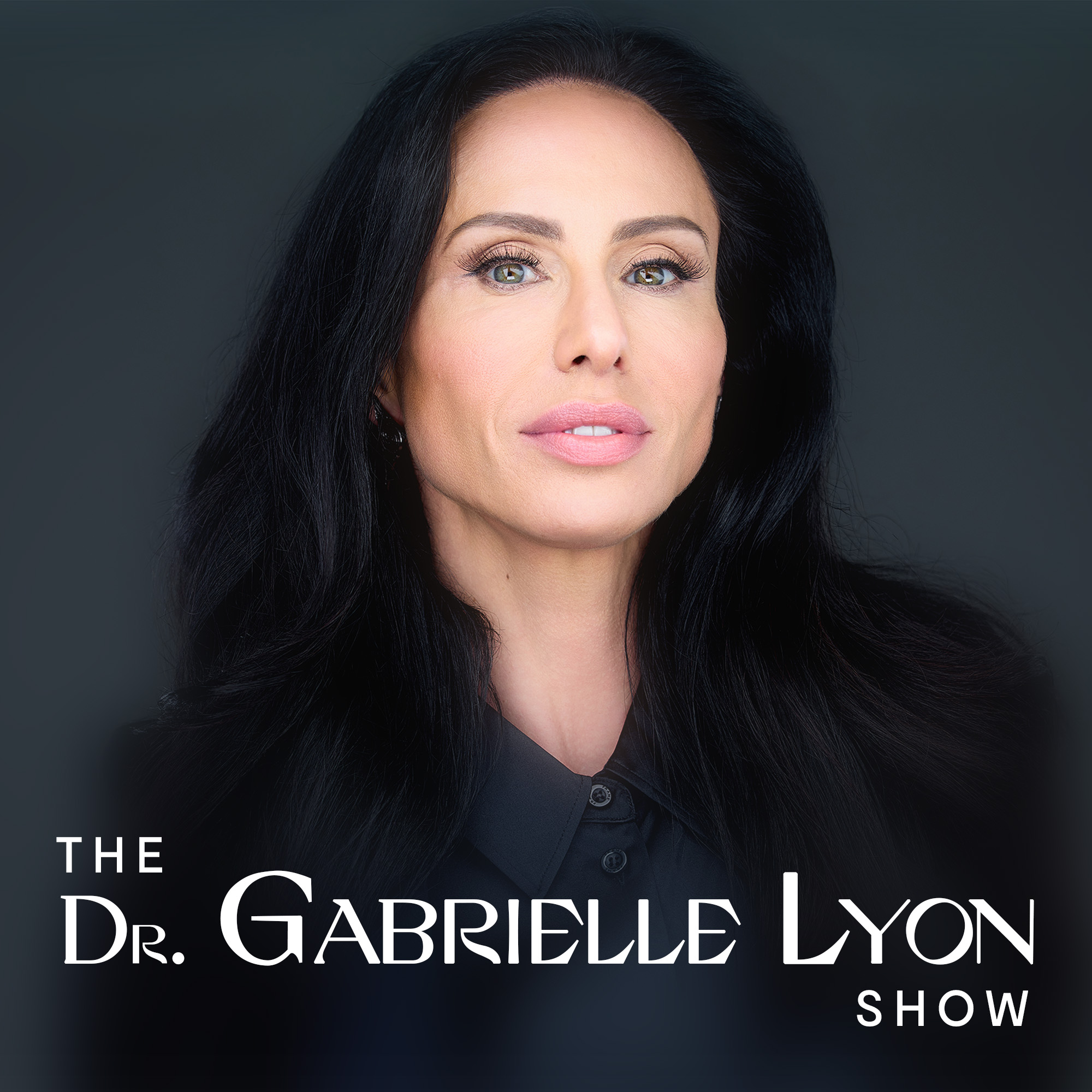TRT Risks & Rewards: Your Testosterone Replacement Therapy Questions Answered
In this highly requested AMA, Dr. Gabrielle Lyon addresses the most critical questions surrounding male hormone health. Dr. Lyon tackles the fear, stigma, and misinformation surrounding Testosterone Replacement Therapy (TRT), revealing why a low testosterone level is a major predictor of serious health issues like heart disease, bone fracture, and obesity.
She breaks down the current medical consensus on TRT, the risks of replacement, the truth about dosing, and what every man over 40 needs to know about their hormone health. This is a must-watch to separate the bodybuilding myths from the medical facts.
Chapter Markers
0:00 - Intro: Low Testosterone is a Predictor of Heart Disease
1:12 - The Penile Shrinking Myth: What Caused the Viral Frenzy
2:20 - Testosterone Levels: The Truth About Aging in Men
3:44 - The First Step: What Labs to Ask Your Doctor for
4:22 - Why Men Need to Check Their Estrogen (Estradiol)
6:13 - The Medical Cutoff for Low T and Androgen Sensitivity
7:27 - Low T is Linked to Fatigue, Depression, and Fat Deposition
9:27 - TRT and Cardiovascular Health: Is it Protective or a Risk?
10:36 - Erectile Dysfunction Predicts Heart Attack Within 3-5 Years
12:30 - The Stigma: Why Doctors Don't Check Testosterone
13:00 - TRT vs. Steroids: Defining the Line
14:21 - Infertility and TRT: What You Must Know
15:18 - Safety: What are the Risks of TRT for Men?
16:33 - The Stigma: Why Doctors Don't Treat Low T
17:15 - TRT and Obesity: Treat Concurrently or Wait?
18:10 - Menopause vs. Andropause: Why Men Don't Have to Decline
19:34 - Testosterone Boosters (Ashwagandha, Tongkat Ali)
26:11 - Different Forms of Testosterone Administration
28:09 - Intranasal Testosterone for Less Impact on Fertility
30:38 - Managing Expectations: How Long Until You Feel Better?
33:00 - TRT and Muscle Gain: The Highs and Lows of Dosing
36:47 - The Win-Win: Low Risk, High Reward
39:00 - Blood Flow & Erectile Function: Cialis and Exercise
40:17 - Semen Quality as a Marker for Overall Male Health
41:29 - Parenting and the Cost of Unhealthy Humans
41:45 - How to Raise Testosterone Naturally (The Pillars)
42:29 - Low-Dose Cialis for Cardiovascular Health (Preemptive Strategy)
43:59 - Dr. Lyon's TRT Journey and Early Concerns
46:00 - Outro
Key Takeaways:
- Low Testosterone is a major health risk. Low T is linked to an increased risk of bone fracture, heart disease, obesity, and diabetes.
- TRT is often protective. Contrary to the long-standing myth, replacing low testosterone to a healthy range does not increase the risk of cardiac events. It is, in fact, protective against cardiovascular disease.
- Erectile Dysfunction (ED) is a canary in the coal mine. ED can predict a heart attack within 3 to 5 years.
- Men can maintain high T levels. Testosterone levels in a healthy 75-year-old can be just as good as in a man in his 20s.
- The solution is often concurrent. For an obese or overweight man with low T, concurrent treatment with TRT and a lifestyle intervention is often the most responsible approach to provide the motivation needed for weight loss.
- Low-dose daily Cialis (2.5mg to 5mg) may be a viable preemptive strategy for cardiovascular health due to its blood flow benefits.
This episode is brought to you by:
- Manukora - Get $25 off your Starter Kit at https://manukora.com/DRLYON
- Our Place - Use Code DRLYON for 10% off sitewide at https://fromourplace.com/DRLYON
Find Nick Barringer PhD at:
Find Dr. Gabrielle Lyon at:
- Instagram:@drgabriellelyon
- TikTok: @drgabriellelyon
- Facebook: facebook.com/doctorgabriellelyon
- YouTube: youtube.com/@DrGabrielleLyon
- X (Twitter): x.com/drgabriellelyon
- Apply to become a patient – https://drgabriellelyon.com/new-patient-inquiry/
- Join my weekly newsletter – https://institute-for-muscle-centric-medicine.ck.page
- Pre-order my new book - https://www.amazon.com/exec/obidos/ASIN/1668085623
Disclaimer: The Dr. Gabrielle Lyon Podcast and YouTube are for general information purposes only and do not constitute the practice of medicine, nursing, or other professional health care services, including the giving of medical advice, and no doctor/patient relationship is formed. The use of information on this podcast, YouTube, or materials linked from this podcast or YouTube is at the user's own risk. The content of this podcast is not intended to be a substitute for professional medical advice, diagnosis, or treatment. Users should not disregard or delay in obtaining medical advice for any medical condition they may have and should seek the assistance of their health care professional for any such conditions.
